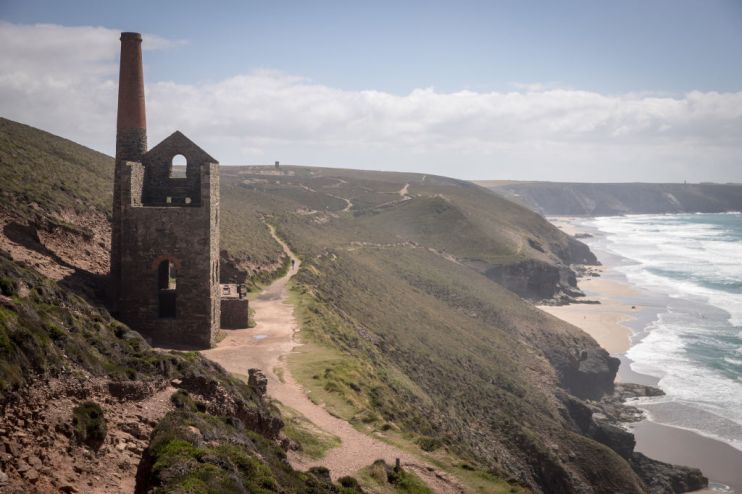European Commission targets raw material ramp-up to meet green future

The European Commission is hoping to boost production of homegrown raw materials needed for green energy, to reduce the troubled continent’s reliance on Russian natural gas.
Its early stage plans would lower regulatory barriers to mining critical materials such as lithium, cobalt and graphite, according to The Financial Times.
These critical minerals are needed for wind farms, solar panels and electric vehicles – which are essential to lowering carbon emissions.
The European Union’s (EU) dependency on overseas minerals has put pressure on its renewables plans with supply shortages and disruptions have driven up commodity prices this year.
The bloc’s executive arm has been raising concerns over the country’s dependence on foreign vendors prior to Russia’s invasion of Ukraine in February/
By the end of the decade, EU demand for rare earth materials for wind turbines will increase fivefold, according to the commission, but global supply is only projected to double.
In particular, demand for lithium is expected to spike.
According to the EU’s Joint Research Centre, it is likely to be almost 60 times as high as current consumption over the next three decades,
Earlier this year, EU industry commissioner Thierry Breton said: “Demand is increasing dramatically due to the digital and green transition of our society, but we are too often almost entirely dependent on imports, while the geopolitics of supply chains are increasingly unstable.”
He argued this would require an “open debate” about more mining, processing, refining and recycling in Europe.
This would involve discussions over the environmental impact of importing vast amounts of resources from third countries.
A recent report from the JRC Europe’s potential resources were under-explored, with the lowest investment in mining activities of any big region.
However, demand is growing.
The EU’s target is for renewables is to produce 32 per cent of the bloc’s energy by the end of the decade.
This could increase to 40 per cent or even 45 per cent depending on the outcome of negotiations in European Parliament gets its way in negotiations.